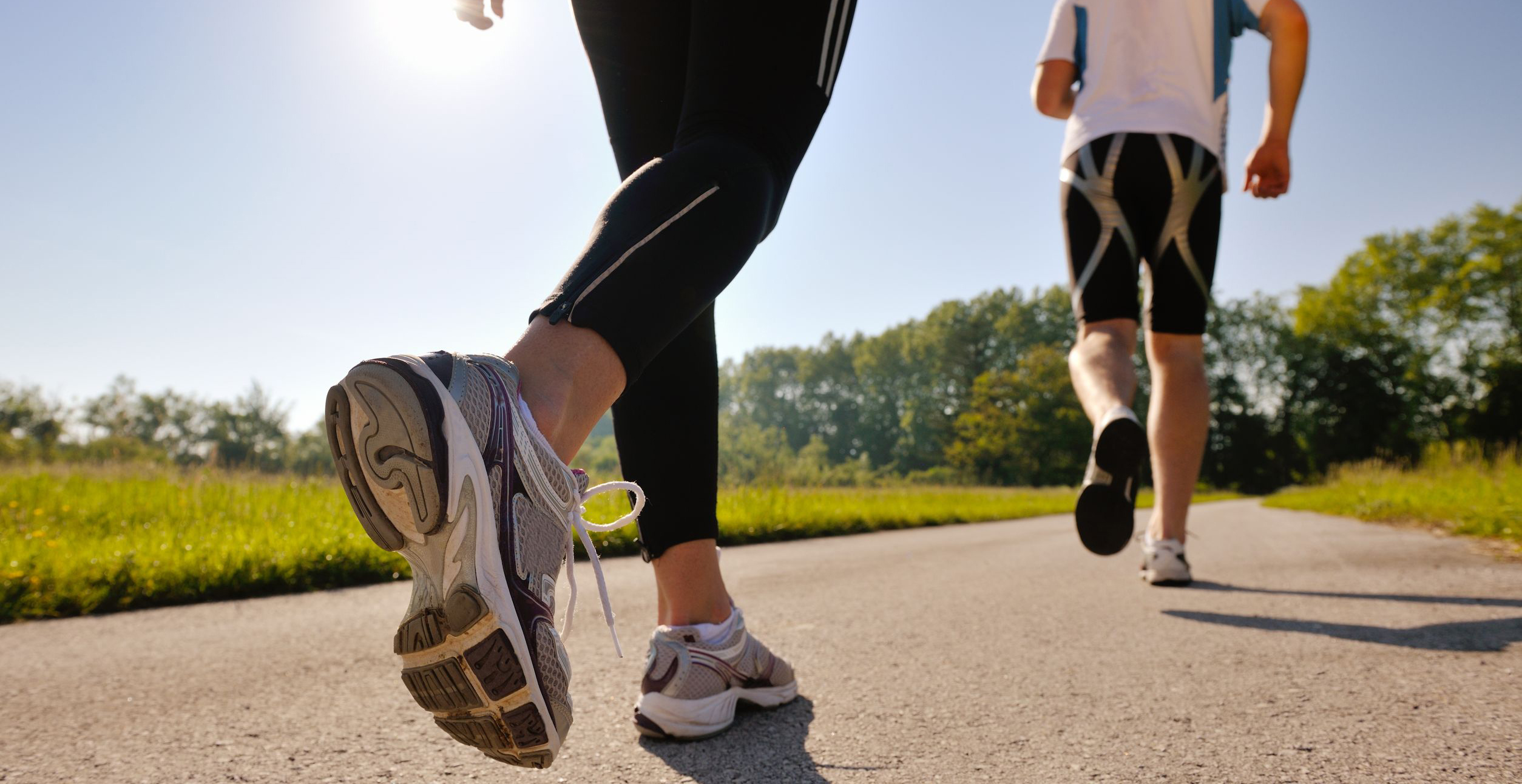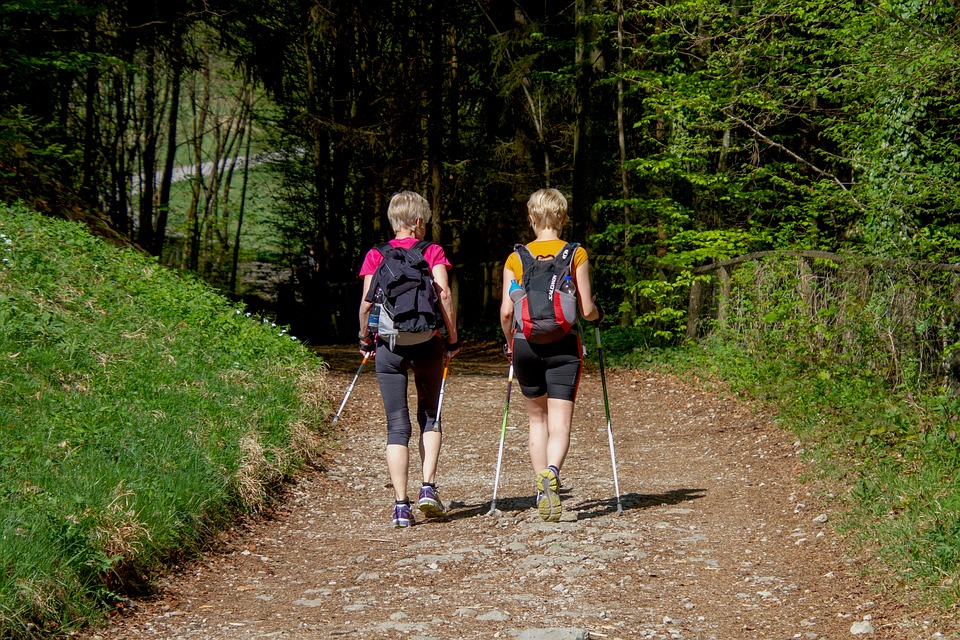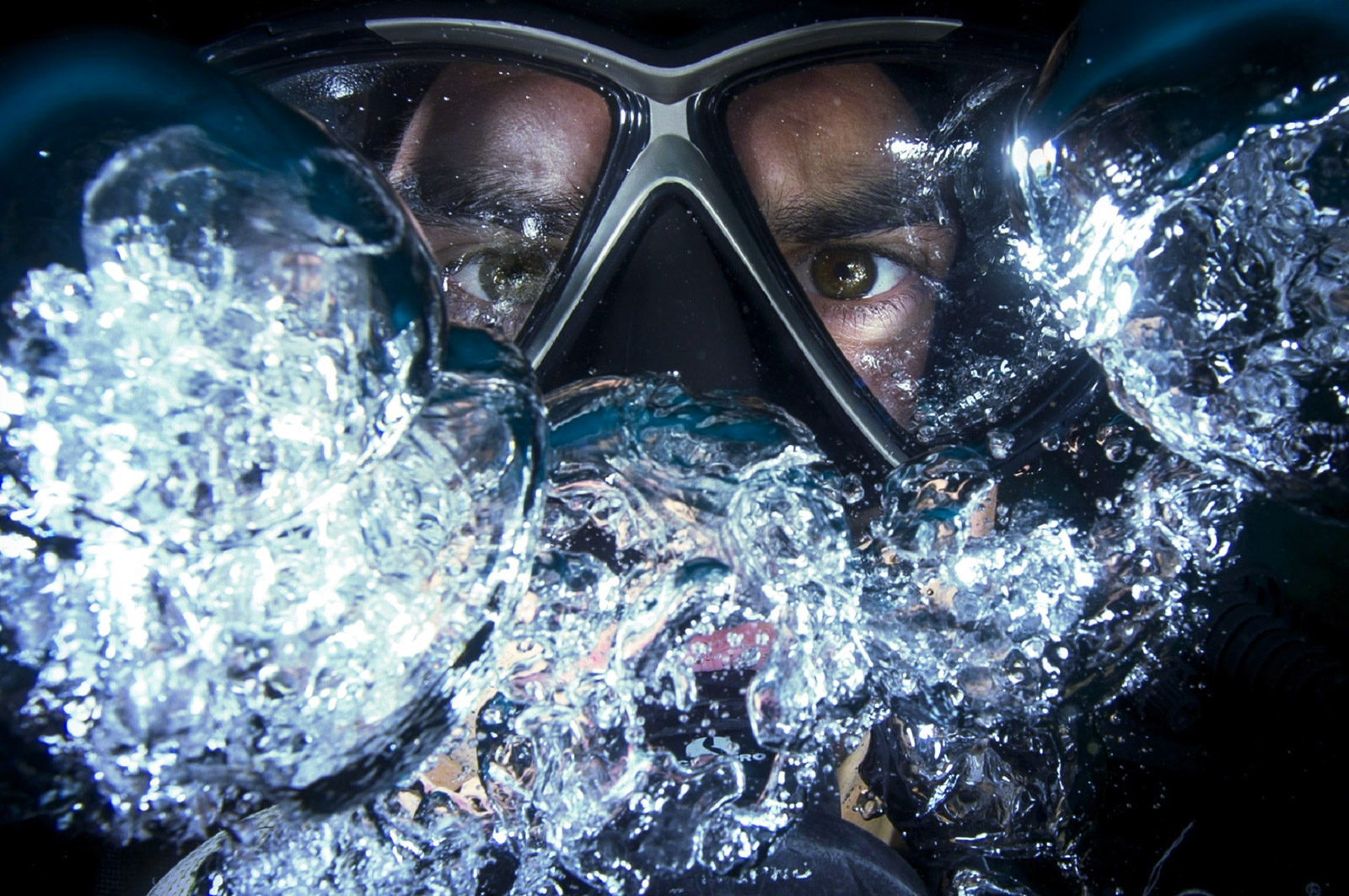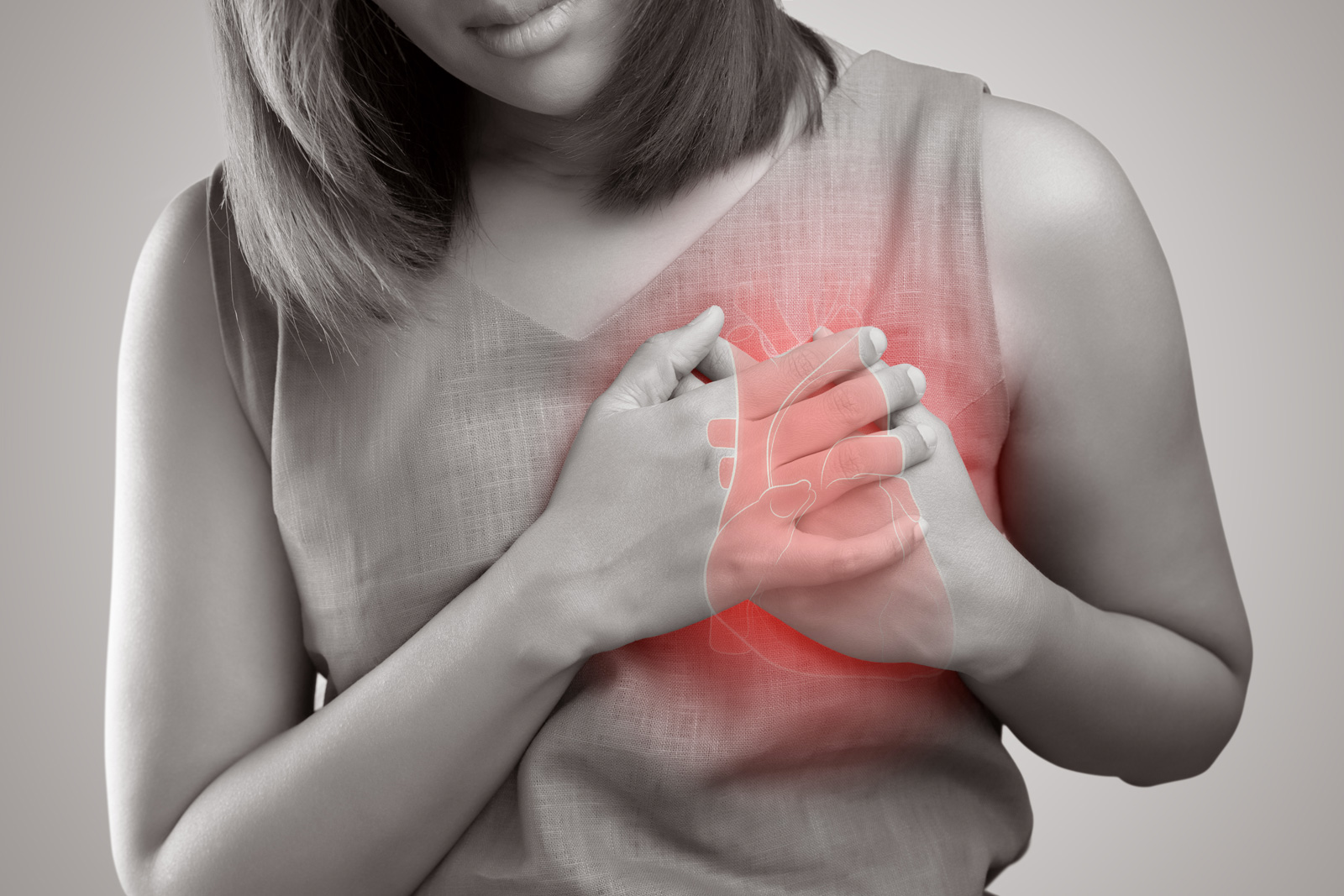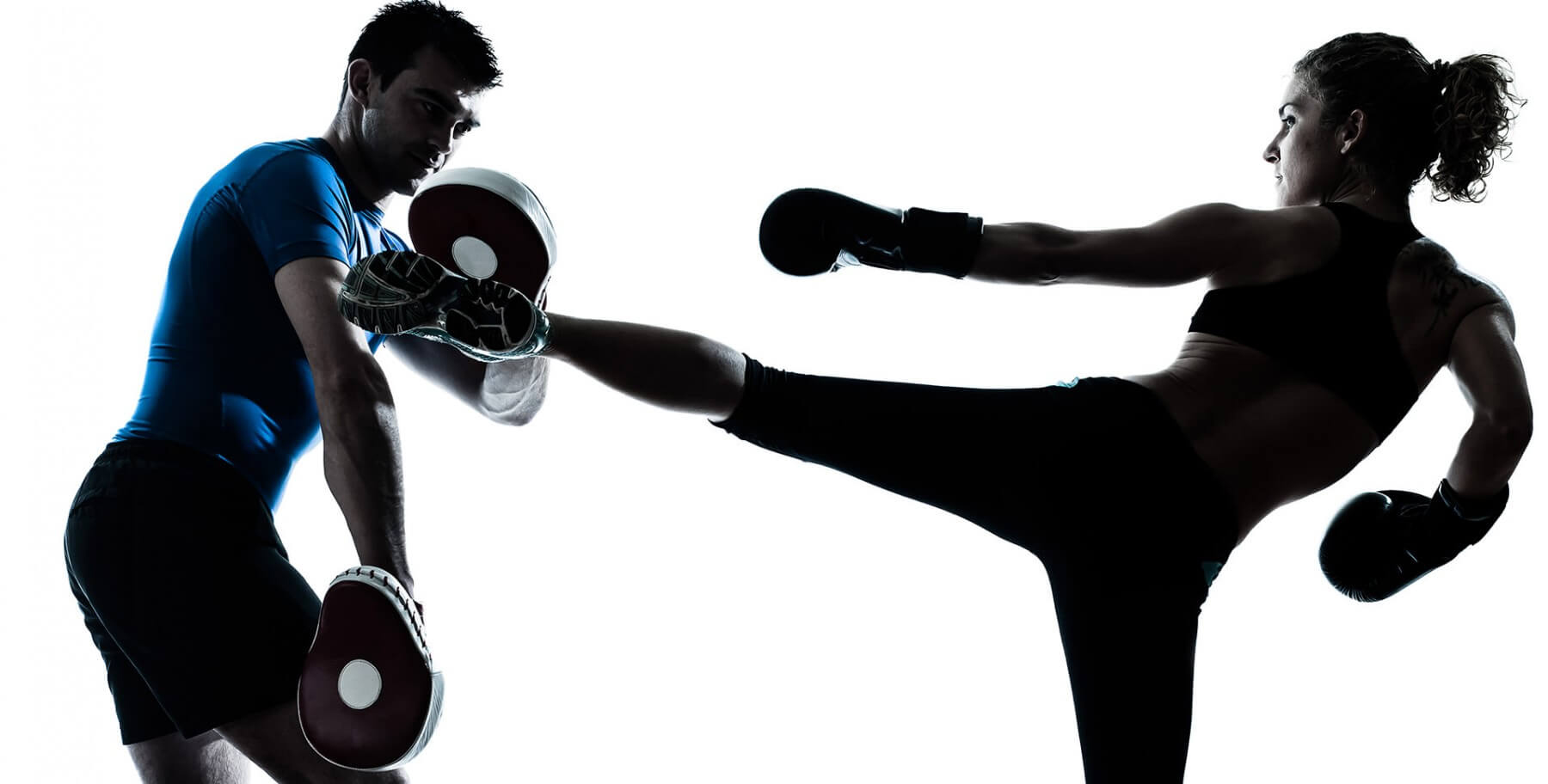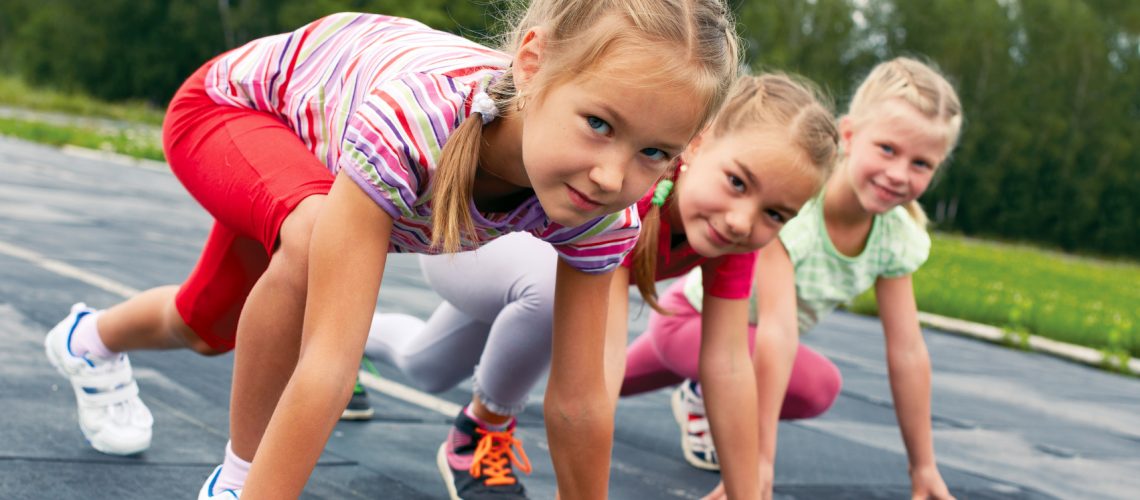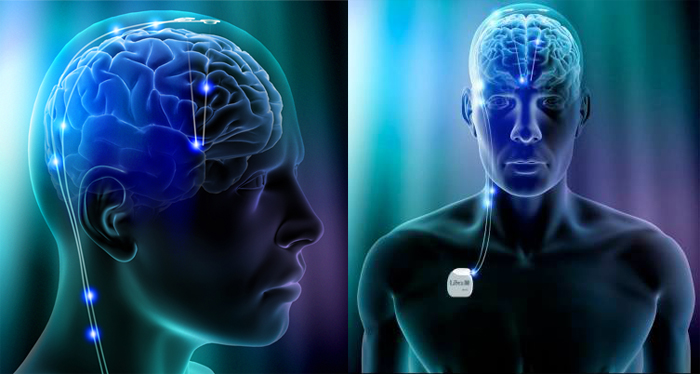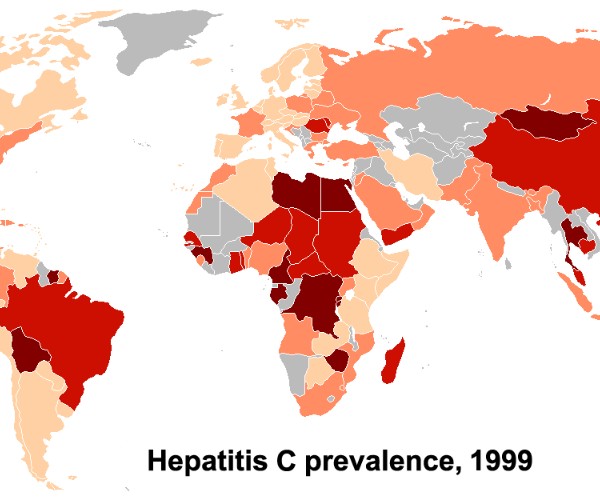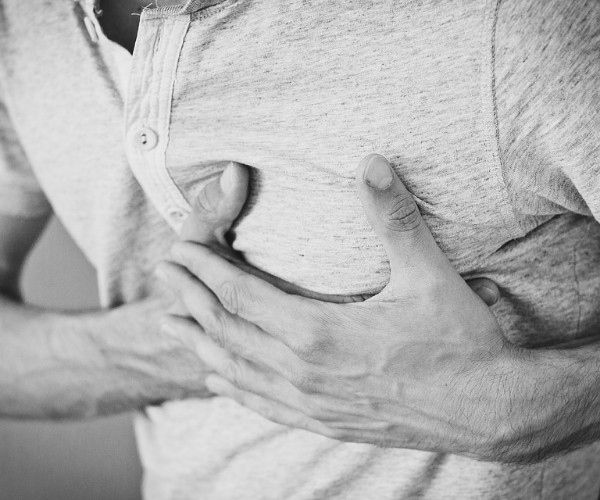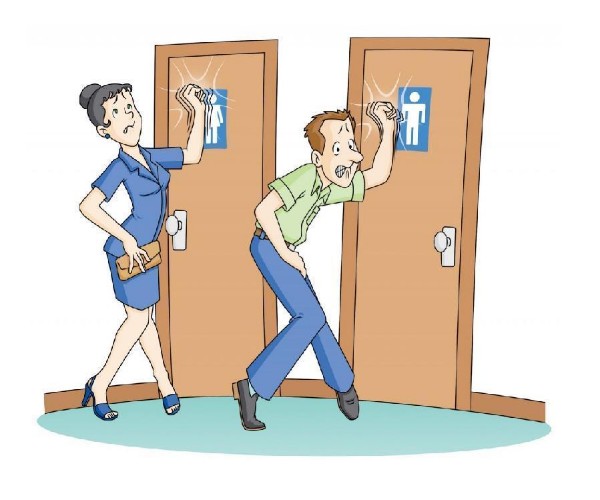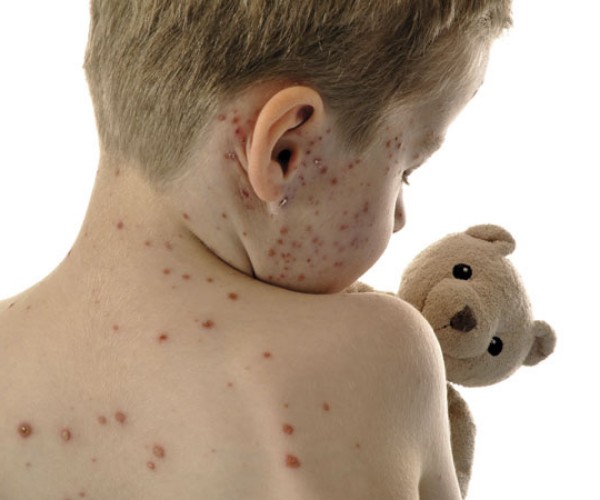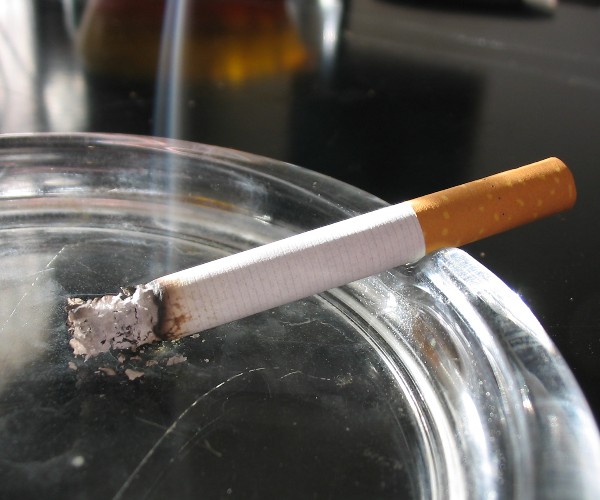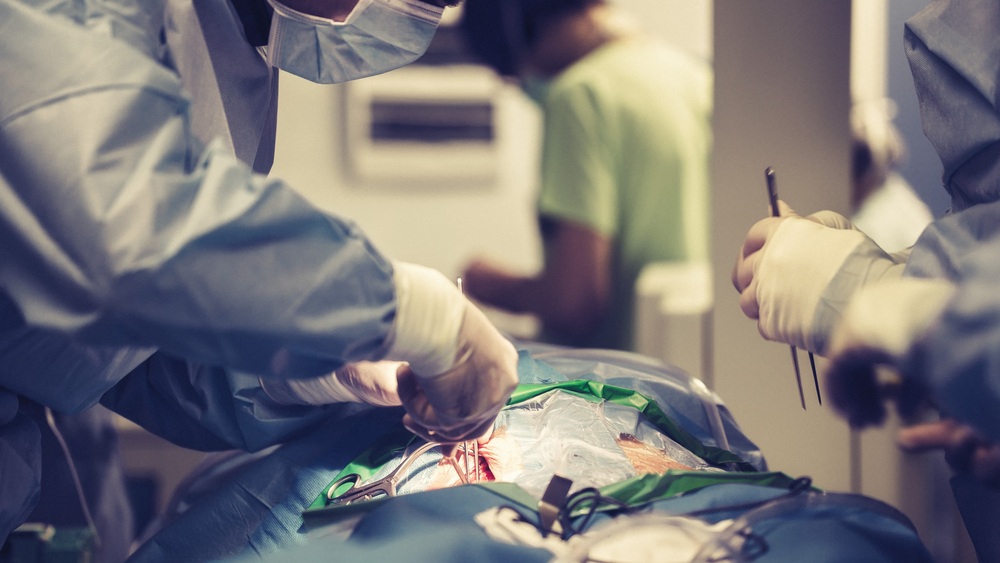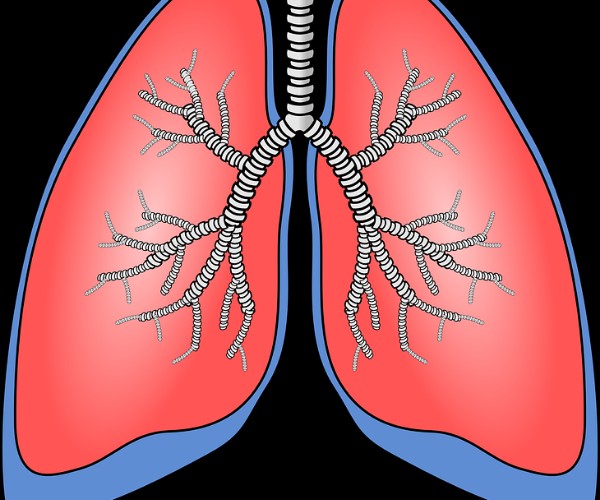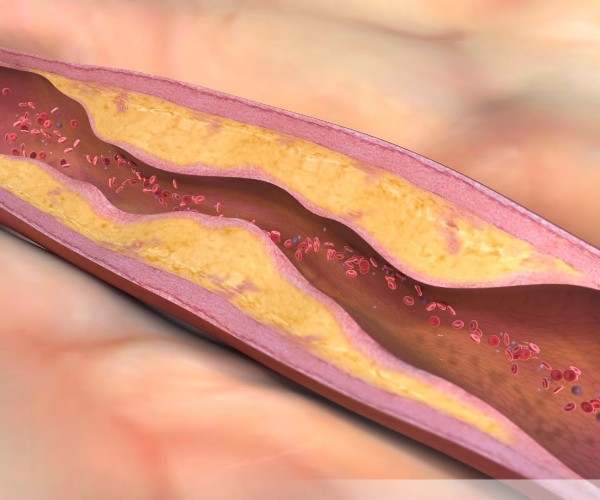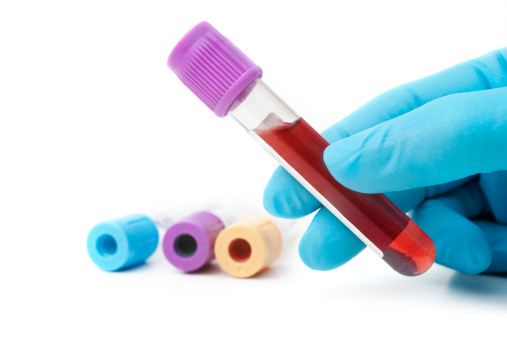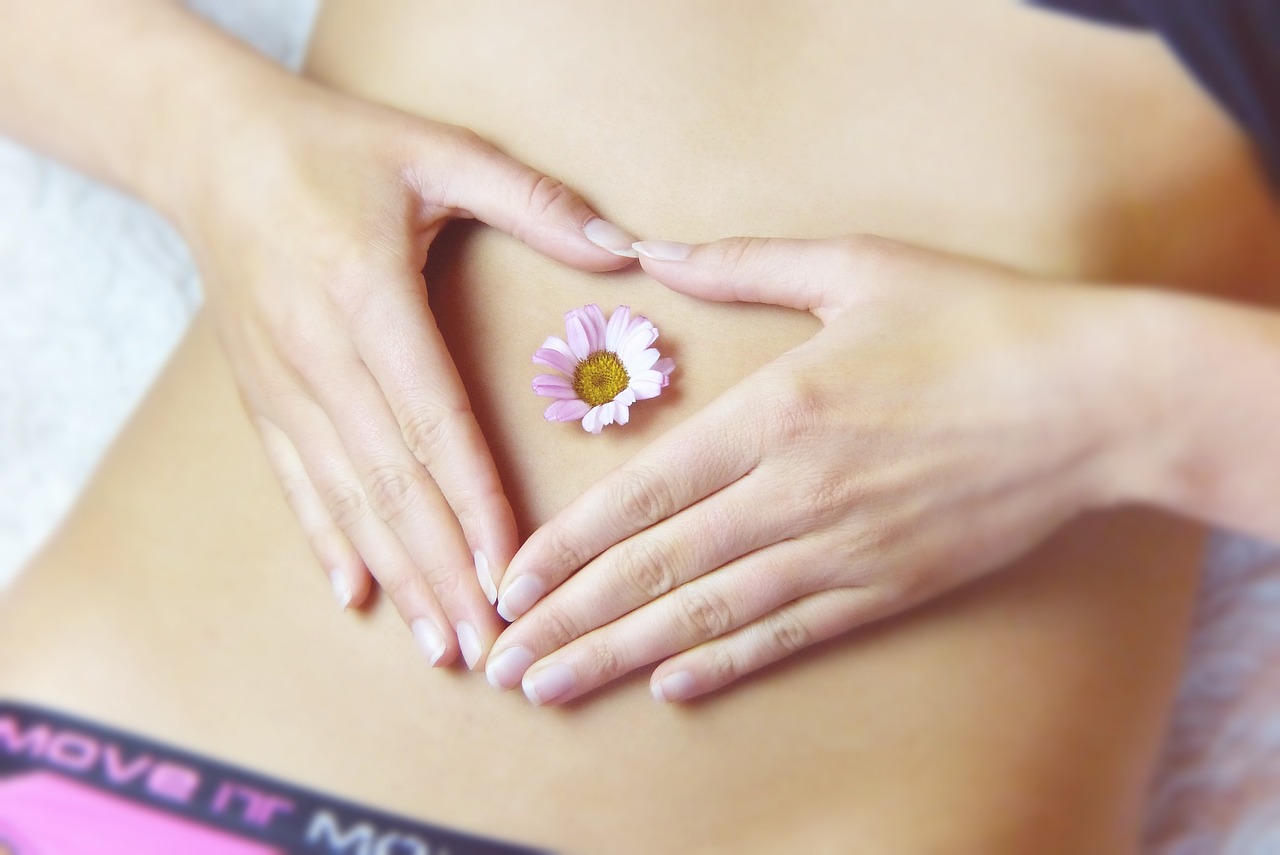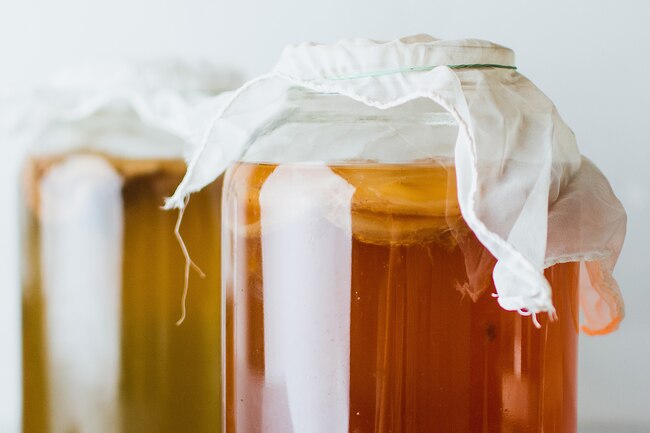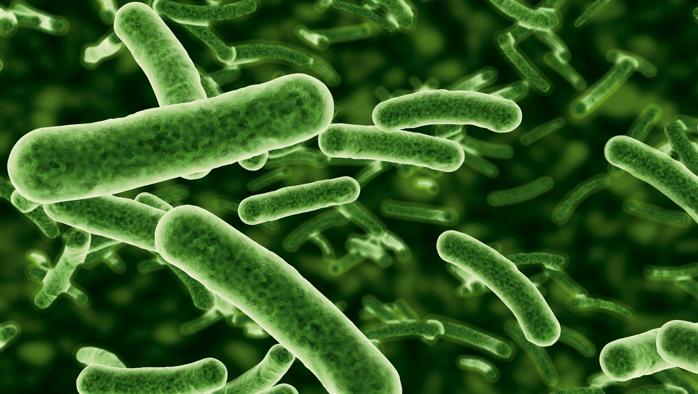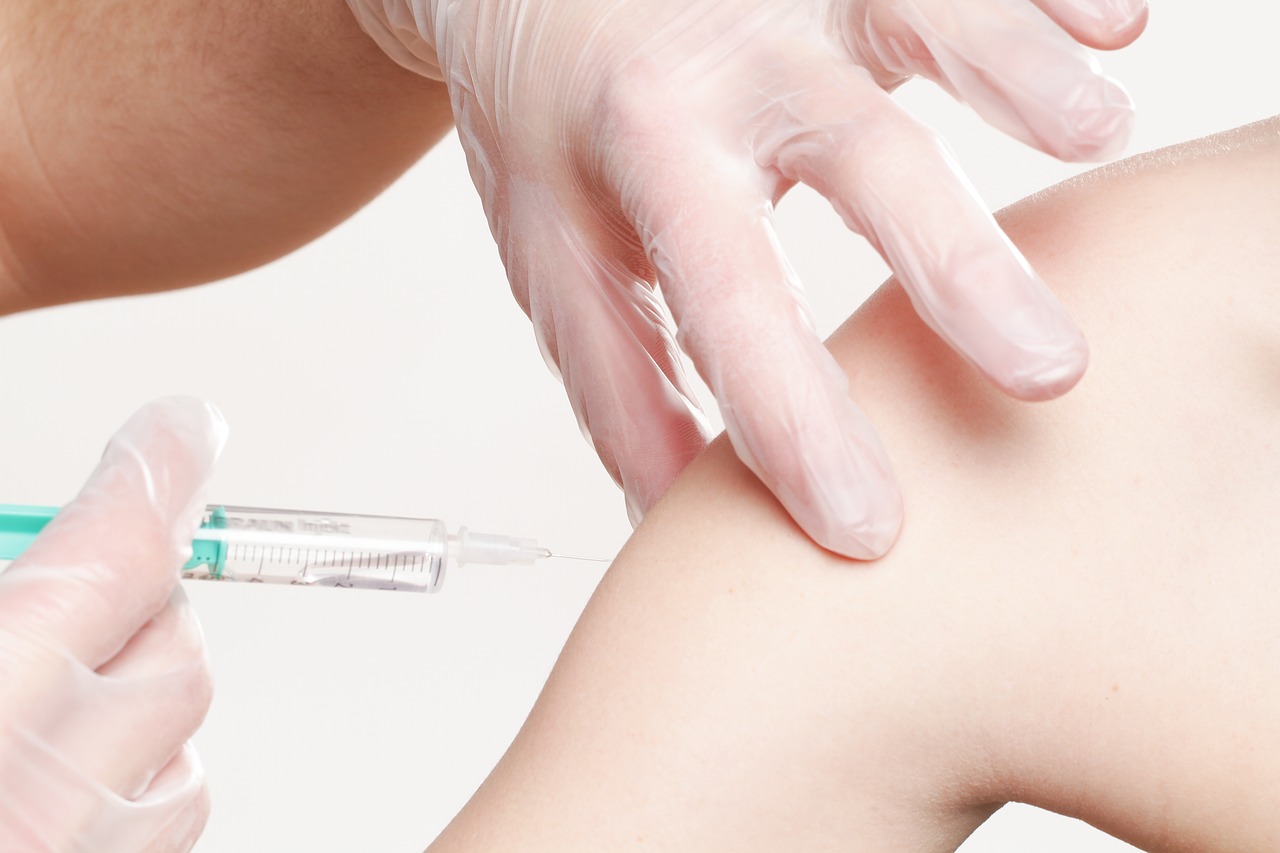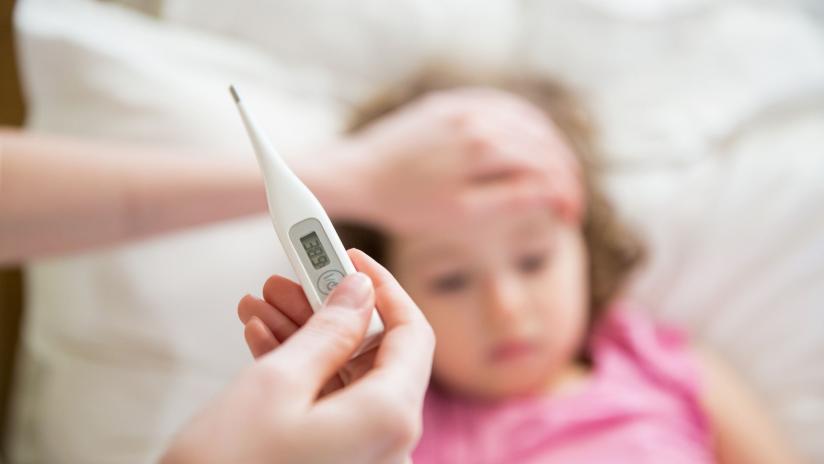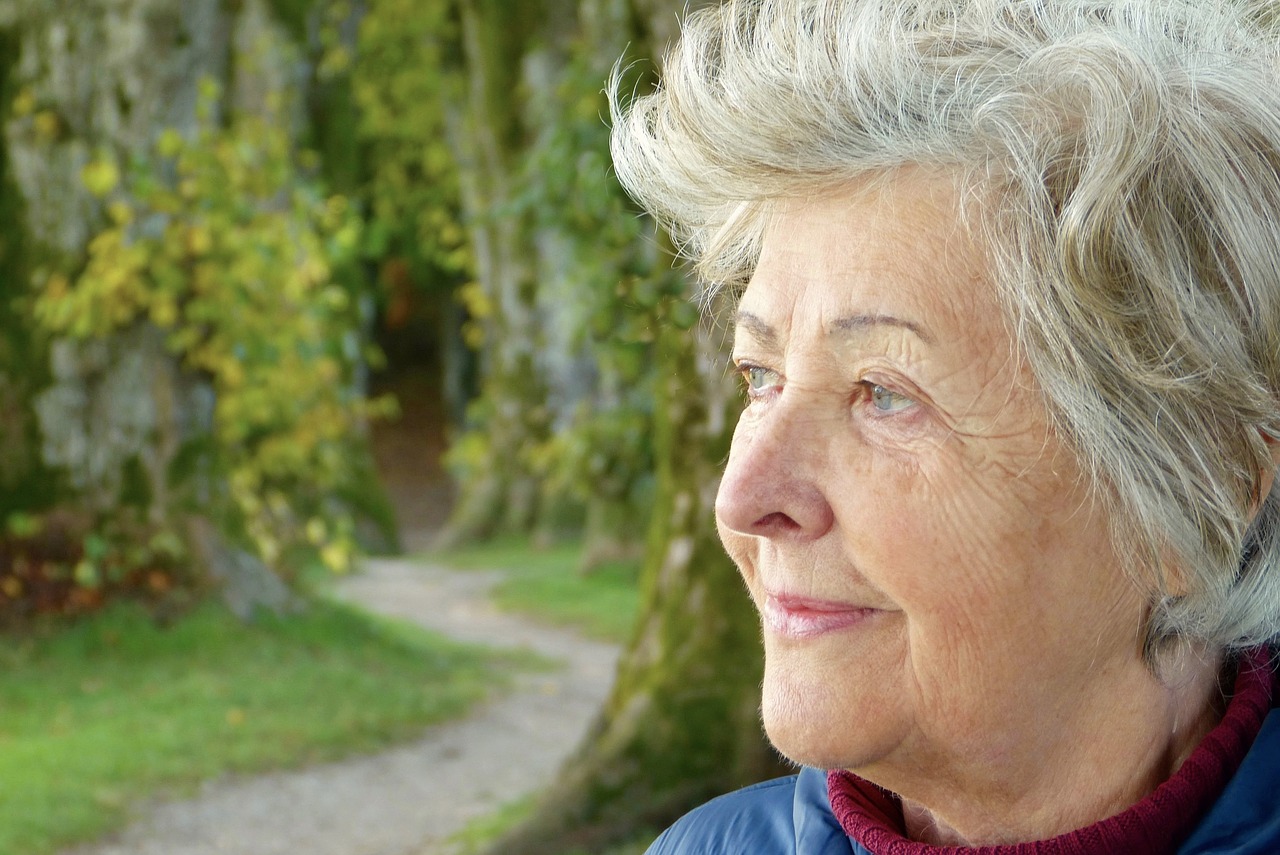The vacations are almost over, September is approaching, and all the children are about to return to their school desks. Homework returns, friends are reunited, and the usual daily routne begins again. In addition to school, however, it would be highly recommended to engage the little ones in an extracurricular activity that is perhaps even more fun and dynamic for them: sports.
Why should children play a sport ?
Sports activity has always been recommended from an early age. This is for several reasons, first of all it is the most effective and efficient way to toughen children’s physiques as they grow. Muscles and bone structure are strengthened, and many diseases resulting from a sedentary and monotonous life (made even more so by children’s increasingly intensive use of technological devices such as smartphones, tablets, PCs, and game consoles), especially those related to nutrition and weight, are also prevented. The latter condition unfortunately affects a large number of boys and girls too often “parked” in front of TV screens.
Sports are also an excellent response to stress, feelings of loneliness, and help combat anxiety and depression. For these reasons, very often children who start a sports activity early on also perform better in school and develop their learning skills more. In addition, sports allow the child to store up a wealth of motor experience that will be invaluable throughout his or her life and will give him or her an advantage, especially in comparison with those who, on the contrary, have never participated in a sporting activity.
Sports and socialization
Another reason why sports are very useful for a child’s growth is related to the aspects of sociality and relationships with others. In fact, practicing a physical activity, especially group and team activities, helps children from an early age to relate to their peers, to play, to have fun together and to team up to achieve their team’s goals. In doing so, children gain a greater sense of responsibility that will motivate them to work harder and harder to help their teammates and lead them to victory. The important thing, however, is that there is always healthy competition and that it is very clear to everyone that the main purpose of a sporting activity, especially at that age, is primarily to have fun beyond the result.
In order to fulfill this important rule, the constant presence of parents is essential, and they should take a constant interest in their little one’s activities, accompanying and supervising him or her throughout the sports journey. Another key figure is also that of the instructor, who is a real reference point for the child. This is a figure who must go beyond mere technical teaching of the discipline but, on the contrary, must have excellent skills empathic, must be able to relate to children, listen to them, understand them, and instill in them a healthy love of sports through motivation and support during training.
The 7 main benefits
We have already seen how sports activity for young children is of paramount importance. In fact, there are numerous benefits of physical activity at the youngest age. Of all the 7 most important are:
- Develops social skills: through sports, especially team sports, children are able to overcome their shyness and relate to others more easily and naturally. This interaction is driven by feelings common to all group members, such as team spirit, camaraderie, mutual loyalty, and above all, a desire to have fun.
- Desire to improve oneself: through physical activity, a strong desire develops in the child to improve his or her skills, becoming better and better at the sport he or she plays, either for personal satisfaction or for competitive purposes.
- Rules: with sports, children perceive more the importance of rules, which are the same for all team members and must be followed in order not to be excluded from the group.
- Hygiene: it sounds strange but sports activity also improves children’s sense of hygiene. Indeed, they learn that after a physical activity it is important to take care of their own hygiene, out of respect for themselves but especially for others.
- Obesity prevention: through a more dynamic and active lifestyle
- Promotes sleep: after an intense training session, there is nothing better than a good, rejuvenating nap
- Improves muscle elasticity, strength and posture







